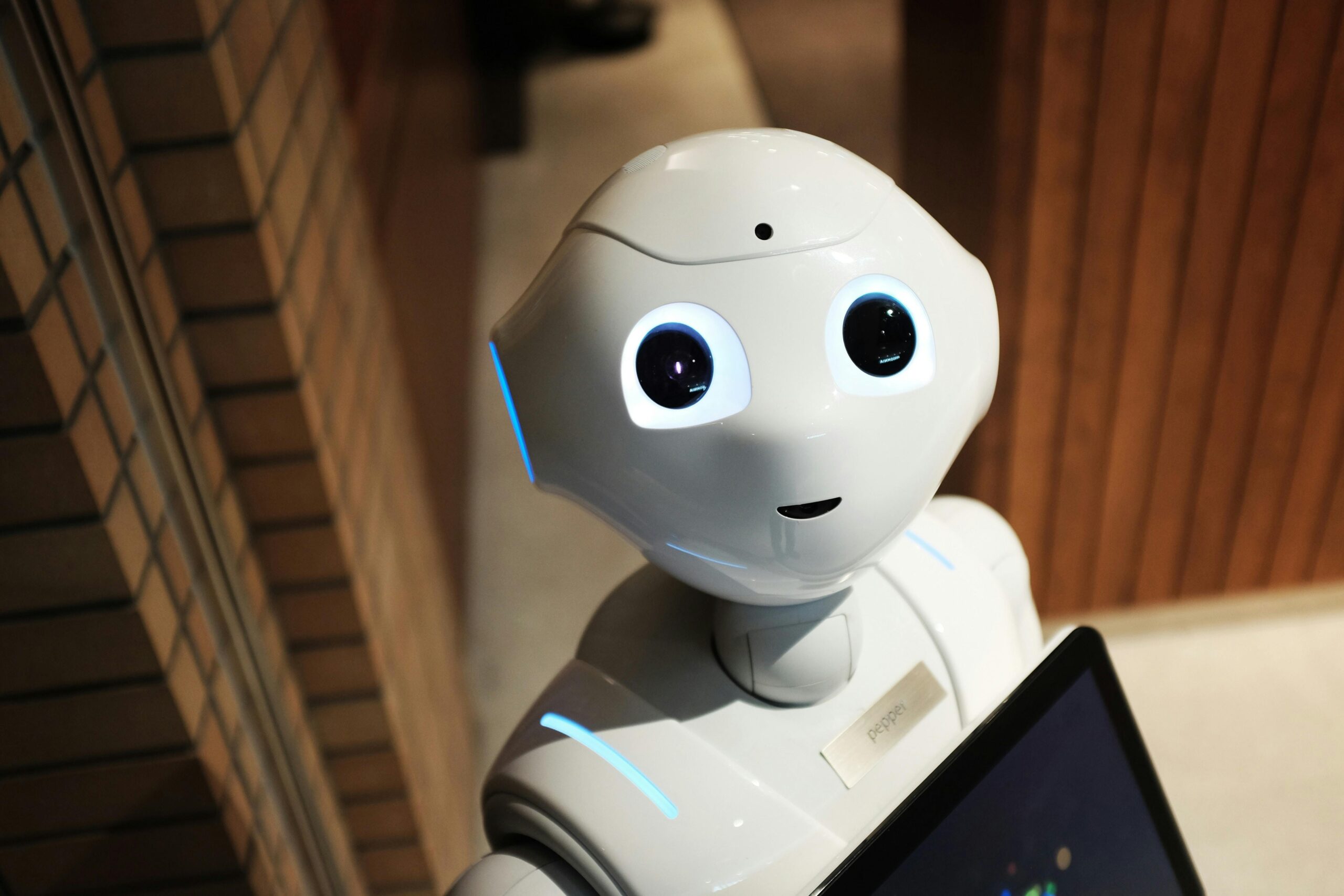Study explores how people relate to different robot traits
A recent study conducted at the University of Chicago investigated human reactions to robots with distinct personality types. Departing from the usual focus on extroversion, researchers introduced a highly neurotic robot and found surprising results regarding how people related to it.
Three personality profiles tested during interactions
The experiment took place in a Chicago museum, where visitors were invited to meet a white humanoid robot described as a restaurant greeter. Each participant was asked to sit with the robot and answer questions such as, “What are three things you are grateful for?”
The robot appeared in three versions:
- Extroverted: Expressed enthusiasm and joy for meeting people.
- Neurotic: Spoke hesitantly, used filler words, and focused on staying organized to avoid unexpected issues.
- Neutral: Maintained a flat, unemotional tone.
While the extroverted robot was rated as the most enjoyable, the neurotic one was perceived as the most relatable and emotionally aware.
Implications for emotional connection and robot design
Participants remarked that the neurotic robot seemed like a real person trying to cope with life. Some felt it reflected their own experiences and inner thoughts.
This study opens a new avenue in the development of social robots. While traits like anxiety might not be desirable in machines handling critical tasks, they may enhance emotional resonance in supportive or interactive roles.
Expanding the range of personalities in robotics could improve how humans engage with technology, fostering more meaningful and authentic connections.







